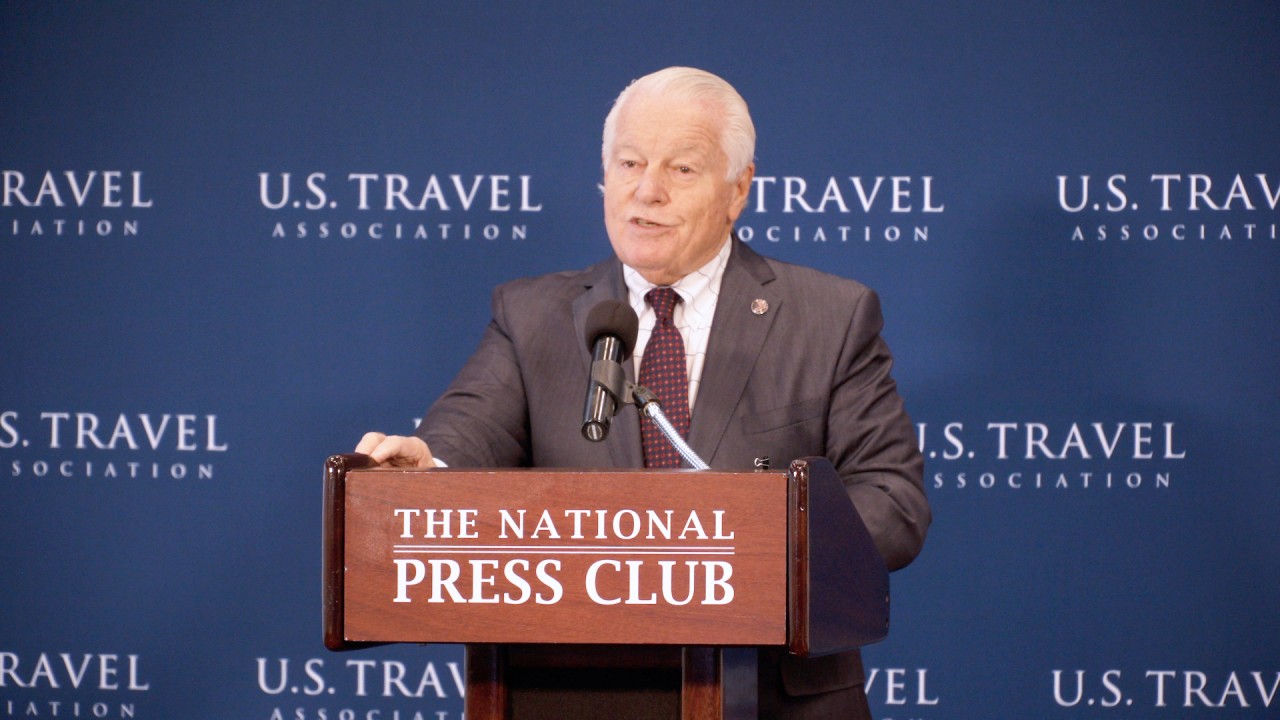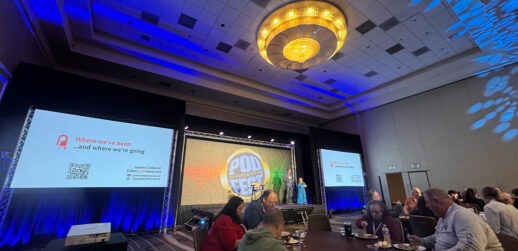Editor’s note: This story was updated on 3/6/2021 to reflect the passing of the plan by the Senate with scaled back unemployment benefits.
As one of the most impactful economic engines in the country, the events industry could be key to pulling companies out of the pandemic slump and adding jobs back to payrolls in the wake of a disappointing Labor Department report. But many in the industry need help to get back on track themselves. With a $1.9 trillion American Rescue Plan being fast tracked in Washington, D.C., Smart Meetings asked meetings industry advocacy groups if the proposed measure includes language that will deliver the needed help.
Nancy Shaffer, board president for Live Events Coalition, said for 92 percent of businesses in the events business, the answer is “sort of.” As CEO of BRAVO! Events, she feels the sudden drop in F2F events personally and shared, “There is still much to be done before our industry is in a position to survive.”
Roger Dow, president and CEO of U.S. Travel, applauded funding for vaccines and small businesses included in the plan. “Accelerating the distribution of vaccines is the key to getting travel back to normal, and we applaud Biden’s emphasis on a robust federal leadership role to get as many people vaccinated as quickly as possible,” said Dow. “Further, we are encouraged by the measures to provide additional grants and loans to small businesses in the hardest-hit industries, which include travel.”
In fact, a recent Department of Labor report showed that almost four out of every ten American jobs lost since last February (39 percent) were in the leisure & Hospitality industry. That is three time more than the next hardest-hit industry (mining and logging). In fact, analysis by the research firm Tourism Economics showed that the sector lost 61,000 jobs in January alone.
Following is a rundown of what is included in the budget resolution, what isn’t and what experts say that means for the future of the industry.
Stimulus Features for Meeting Planners
The American Rescue Plan included a number of things industry advocates had requested.
- $1,400 per person to eligible recipients on top of the $600 per person approved in December
- Enhanced unemployment aid from $300 a week to $400 a week in federal contribution through September
- $15 billion to create a new grant program for small business owners above and beyond Paycheck Protection Program and $35 billion for low-interest loans for entrepreneurs
- $25 billion in rental assistance with another $5 billion to help pay utility bills and $5 billion to help those at risk of experiencing homelessness
- Eviction moratorium extended through Sept. 30
- Raise Earned Income Tax Credit to $1,500 for individuals and expand the age range of eligibility to cover older workers
- Subsidies for Affordable Care Act health insurance premiums
- Reinstate paid sick and family leave benefits for employees at businesses with more than 500 employees and less than 50 through Sept. 30
- $20 billion for a national vaccination program and research to identify and address emerging strains of Covid-19
- Partner with restaurants to feed American families and create jobs for restaurant workers
Still on Wish List
Shaffer called the second round of PPP passed in December “a temporary Bandaid.” She also reservedly welcomed the $15 billion in Small Business Administration Office of Disaster Assistance grants from that package for small live event venues. “For the 8 percent of us that will be able to take advantage of the Shuttered Venue Operator Grants, it is a huge win,” she said. Now she is focused on helping the other 92 percent of the industry, which she defines as anyone who produces a meeting, convention, social, concert or sporting event.
Eventually, Shaffer would like to see Bureau of Labor Statistics create an industry classification or Nomenclature of Economic Activities (NACE) code for everyone connected to meetings and events in order to make the industry’s impact more readily visible to elected officials. “That would ensure we are in a better position for the next emergency,” she said.
Dwayne Thomas, director of government affairs with Live Events Coalition and founder of his own AV company Green Light Creative, pointed to a survey the group conducted last year that showed at least 12 percent of the industry has already given up. “We need something now that helps those with a lot of overhead, but not a lot of employees,” he said. “Unfortunately, $15 billion for businesses in general is just a drop in the bucket.”
He suggested something closer to $600 billion that would be awarded to the hardest-hit businesses based on a percentage of gross revenue from 2019 with a second round 3 months later if the situation hasn’t improved. “We need a bridge to where we can run again, states are open, people are comfortable returning and we have time to plan,” he said.
In addition to helping small business owners who took on debt over the last year to keep going, he also cited the need to bring skilled employees back who may have left to drive for Uber or Amazon.
After that, the ask shifts to liability protection legislation that would speed up the lifting of travel bans at corporations, and business interruption insurance.
Shaffer and Thomas are not letting up on the outreach to representatives on both sides of the aisle. “This isn’t the moment for activations like empty events and red light. They helped get us to the table, but now we have to spend our time talking to members one-on-one,” he said.
Travel’s Next Great Chapter
Dow is focused on what he calls the coming era for the American travel and tourism industry. In the annual State of the Travel Industry Address from the National Press Club, he acknowledged the hardships the pandemic has inflicted on travel—both as an industry and as a fundamental part of American life—before shifting to a vision of what is to come.
“Our goal is not simply to recover what we’ve lost, but to rebuild an industry that’s even better positioned than before the crisis—one that’s more globally competitive, more innovative, and more unified,” Dow said.
To do that, he is proposing:
- Stimulating economic recovery by facilitating a recovery in the travel industry
- Investing in infrastructure and the future of mobility
- Increasing global competitiveness
- Reimagining air travel
- Streamlining travel and security facilitation.




